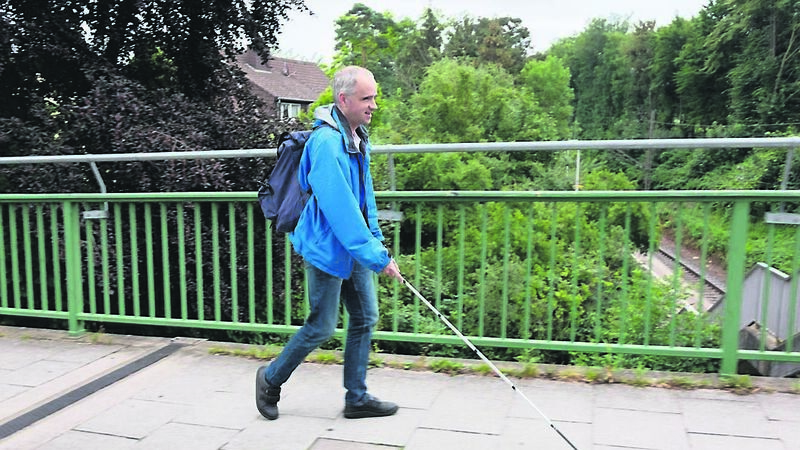Council for the Blind reports rise in users but warns of funding shortfall

The NCBI published its 2019 Annual Report on Wednesday, and said it saw an increase of more than 500 people using its services countrywide last year.
The National Council for the Blind of Ireland has said there was an increase in the number of people it supported last year but issued a warning over continued funding shortfalls.
The NCBI published its 2019 Annual Report today, and said it saw an increase of more than 500 people using its services countrywide last year.










